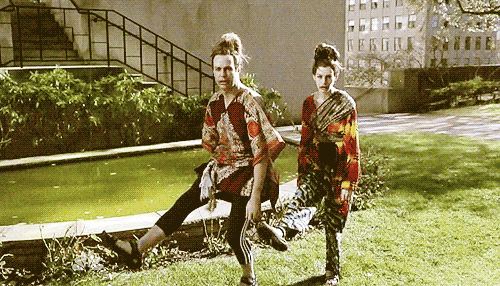My first contribution: Rany Jazayerli on the Brewers' rather unusual pursuit of the post-season with a team that cannot field a lick, and the way the search for undervalued attributes continues to shift the landscape.
Doug Melvin and the Brewers aren't hopping on the defensive bandwagon. In order to close the trade for Zack Greinke, Milwaukee had to agree to an exchange of shortstops. The Brewers surrendered Alcides Escobar in return for the Royals' Yuniesky Betancourt. Escobar had been an elite prospect largely because he was considered one of the minor leagues' best defensive shortstops. Betancourt, on the other hand, possessed below-average speed, a terrible first step, and poor fielding instincts. According to defensive metrics, Betancourt was the worst starting shortstop in baseball.
Which meant he would fit right in with the Brewers. Doug Melvin managed to assemble one of the best pitching rotations in baseball while also preserving a lineup that included Prince Fielder, Ryan Braun, and Rickie Weeks, who were all among MLB's best hitters at their positions. But Melvin had to compromise on something, and that was defense.
Here is the starting infield of the 2011 Brewers. At third base, Casey McGehee, whom the Chicago Cubs waived in 2008 partly because they felt he didn't have the defensive chops to play third base in the majors. At shortstop, Yuniesky Betancourt, whose defensive reputation is so bad that his arrival in Kansas City nearly precipitated a fan revolt. At second base, Rickie Weeks, who has faced questions about whether he should move to the outfield since the moment he was drafted in 2003. And, at first, Prince Fielder, who fields his position exactly as well as you'd expect from a player listed at 5-foot-11 and 275 pounds. They might be the worst defensive infield for a contending club in major league history.

















